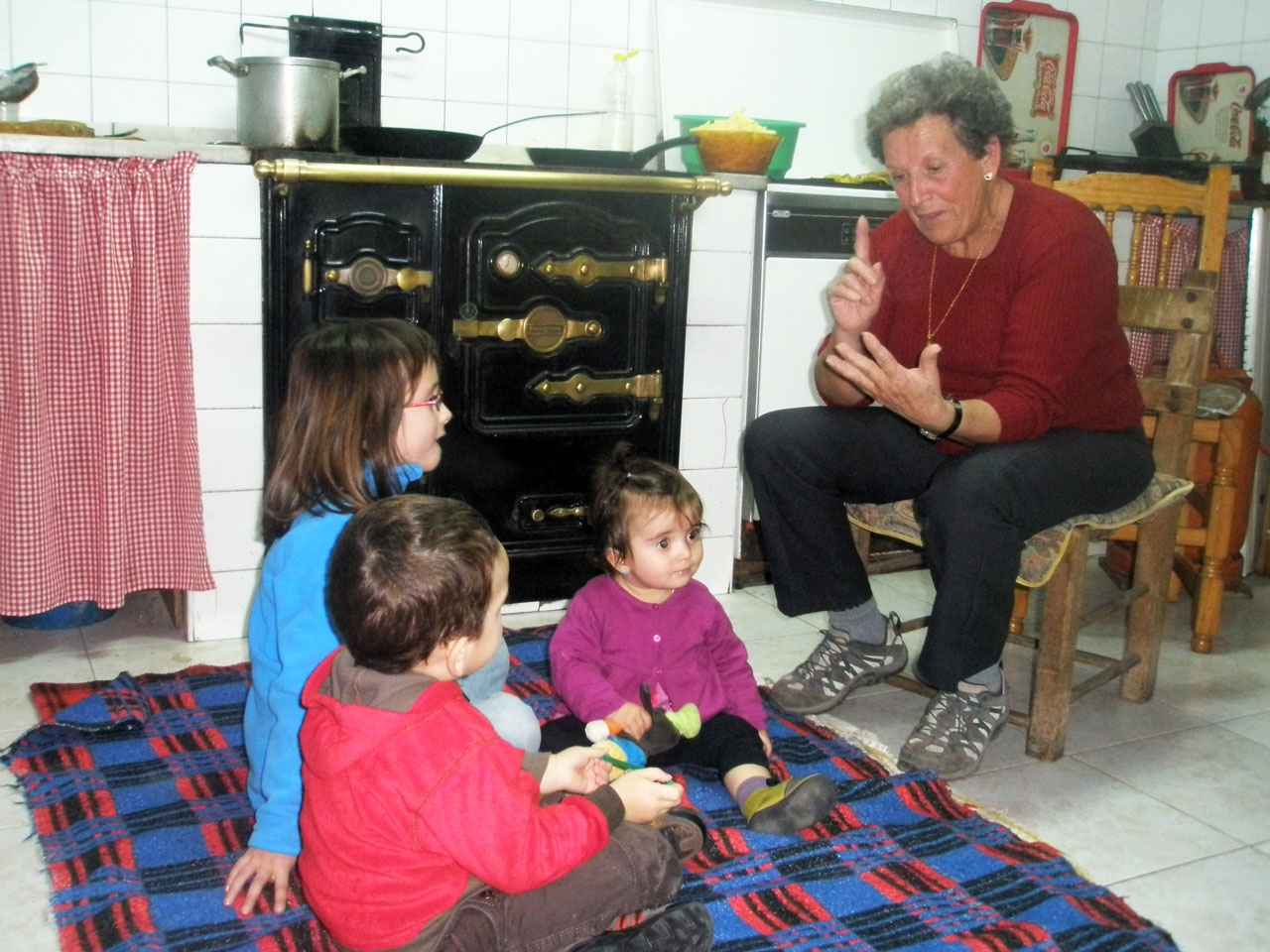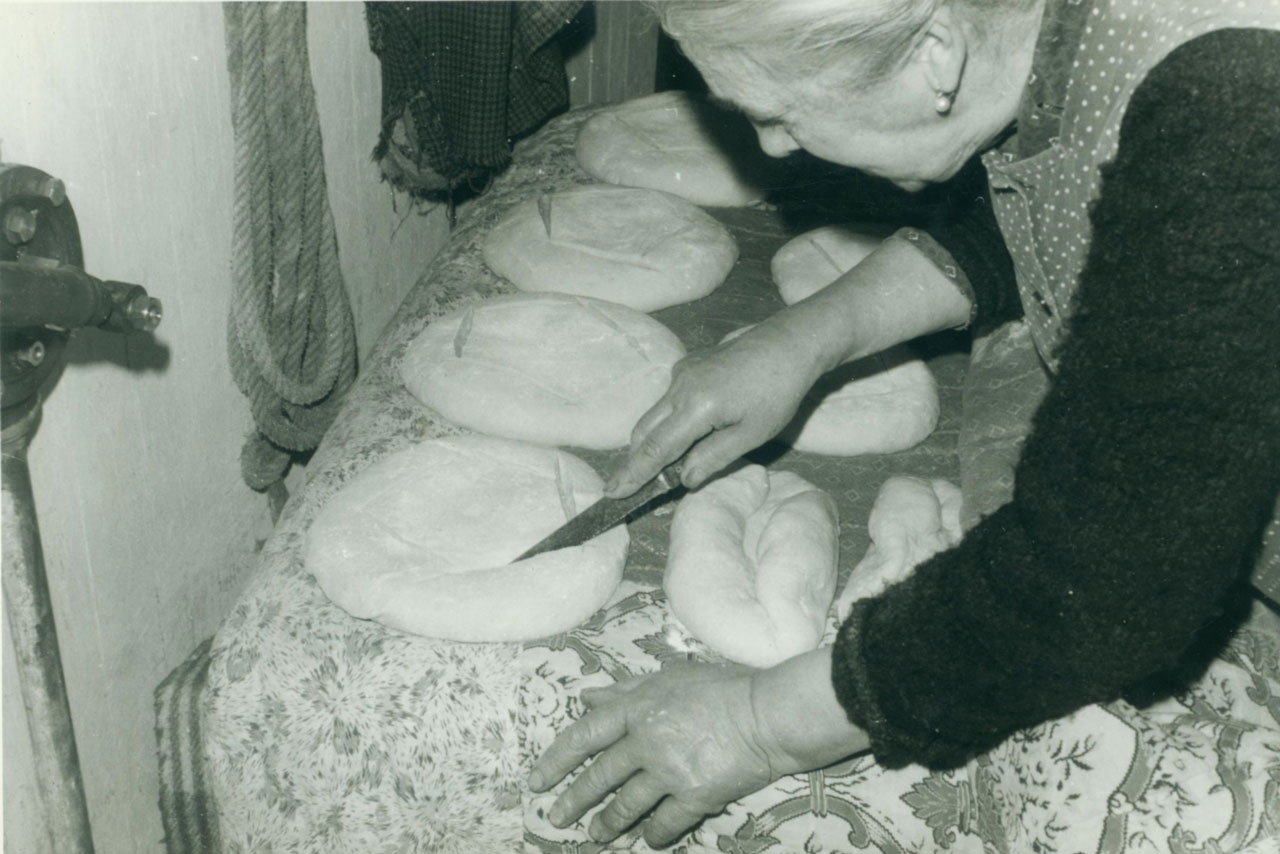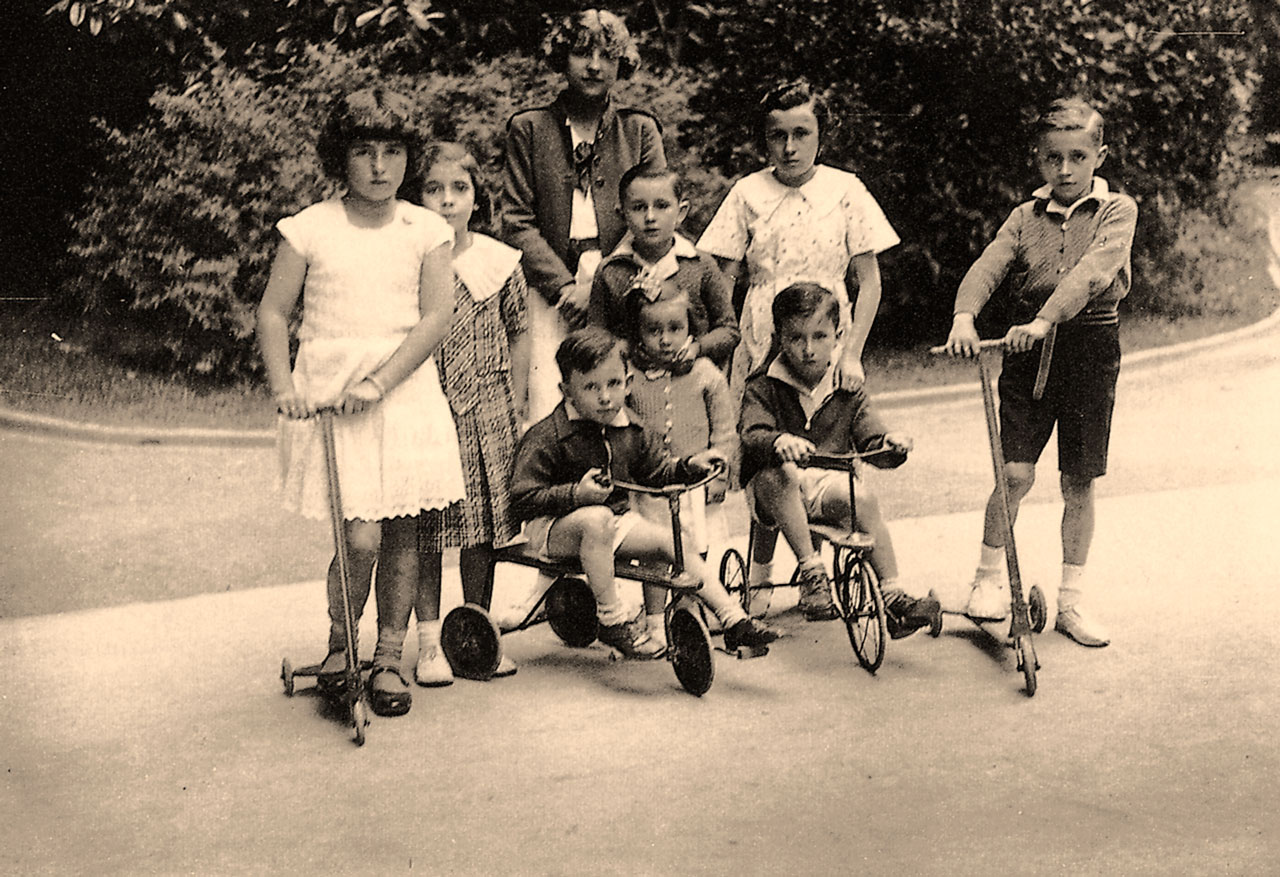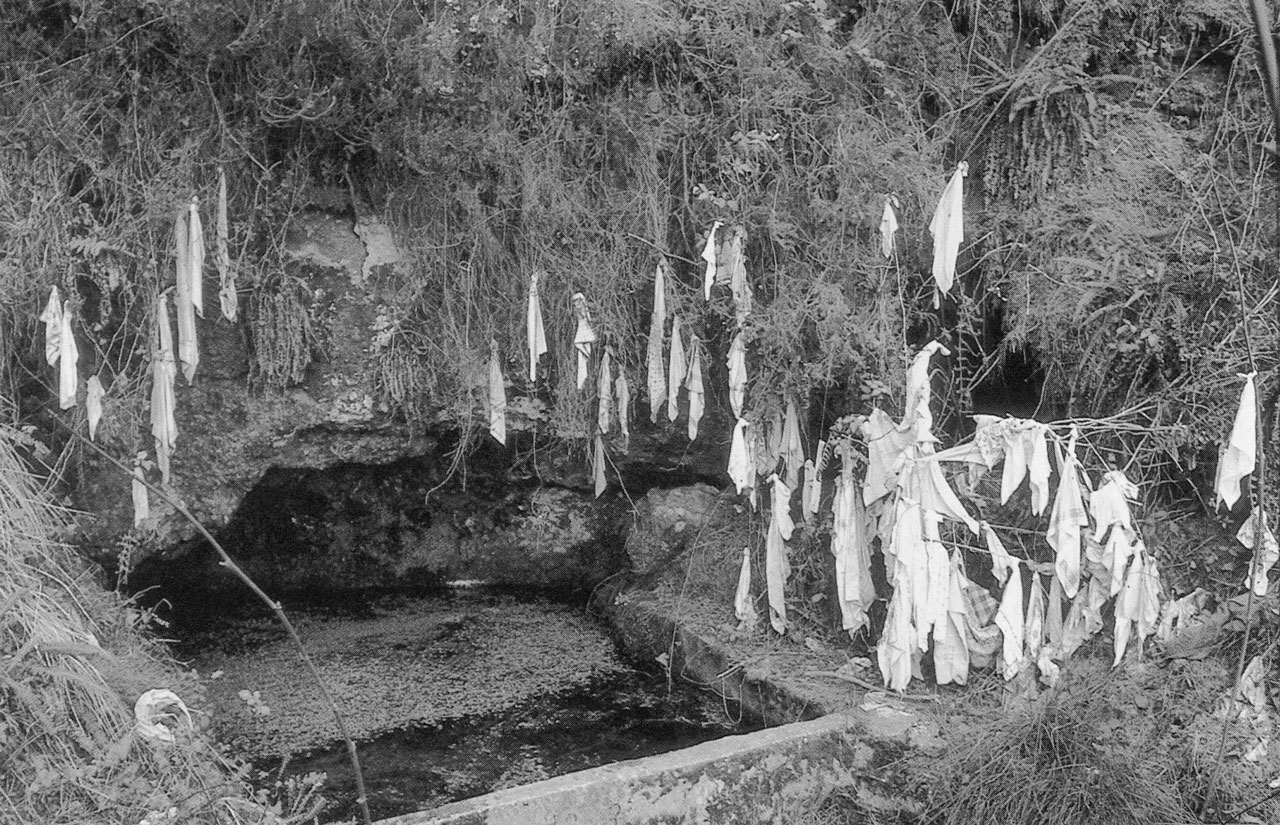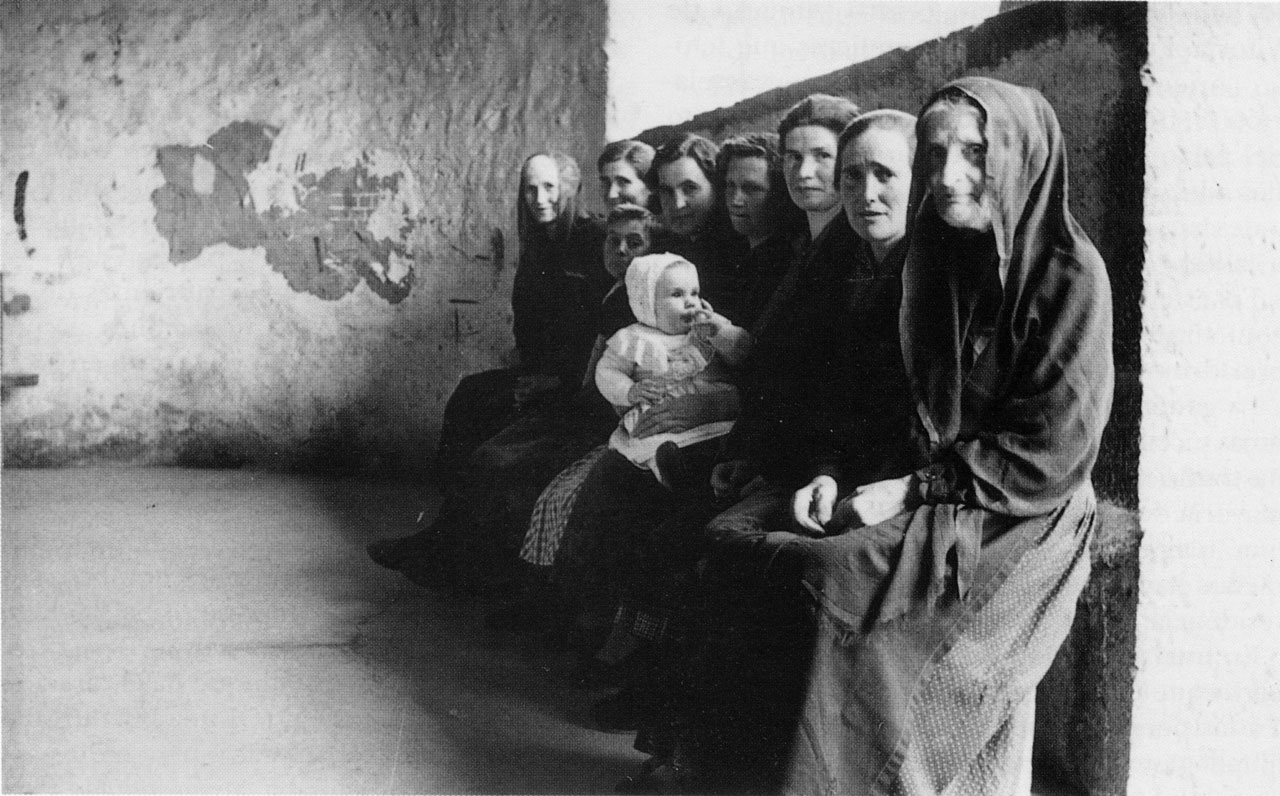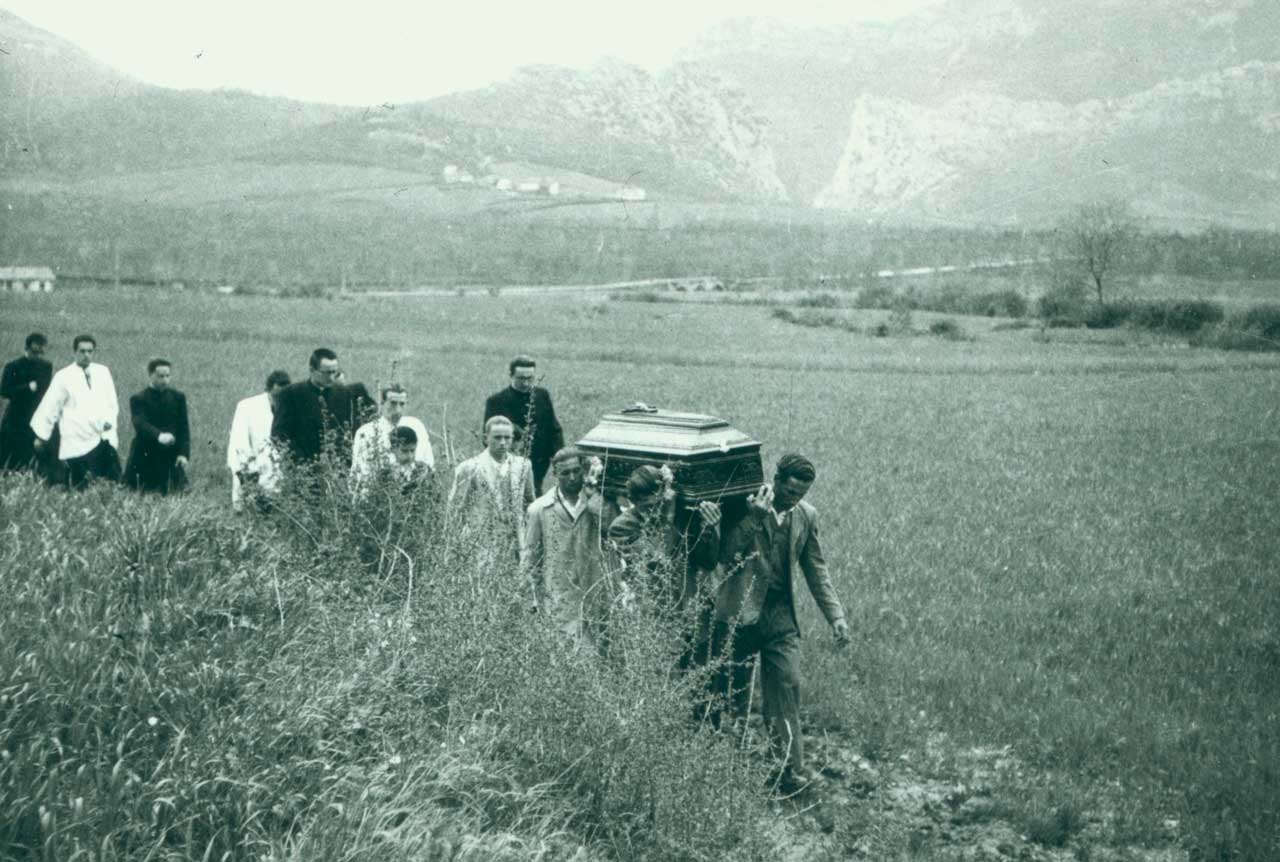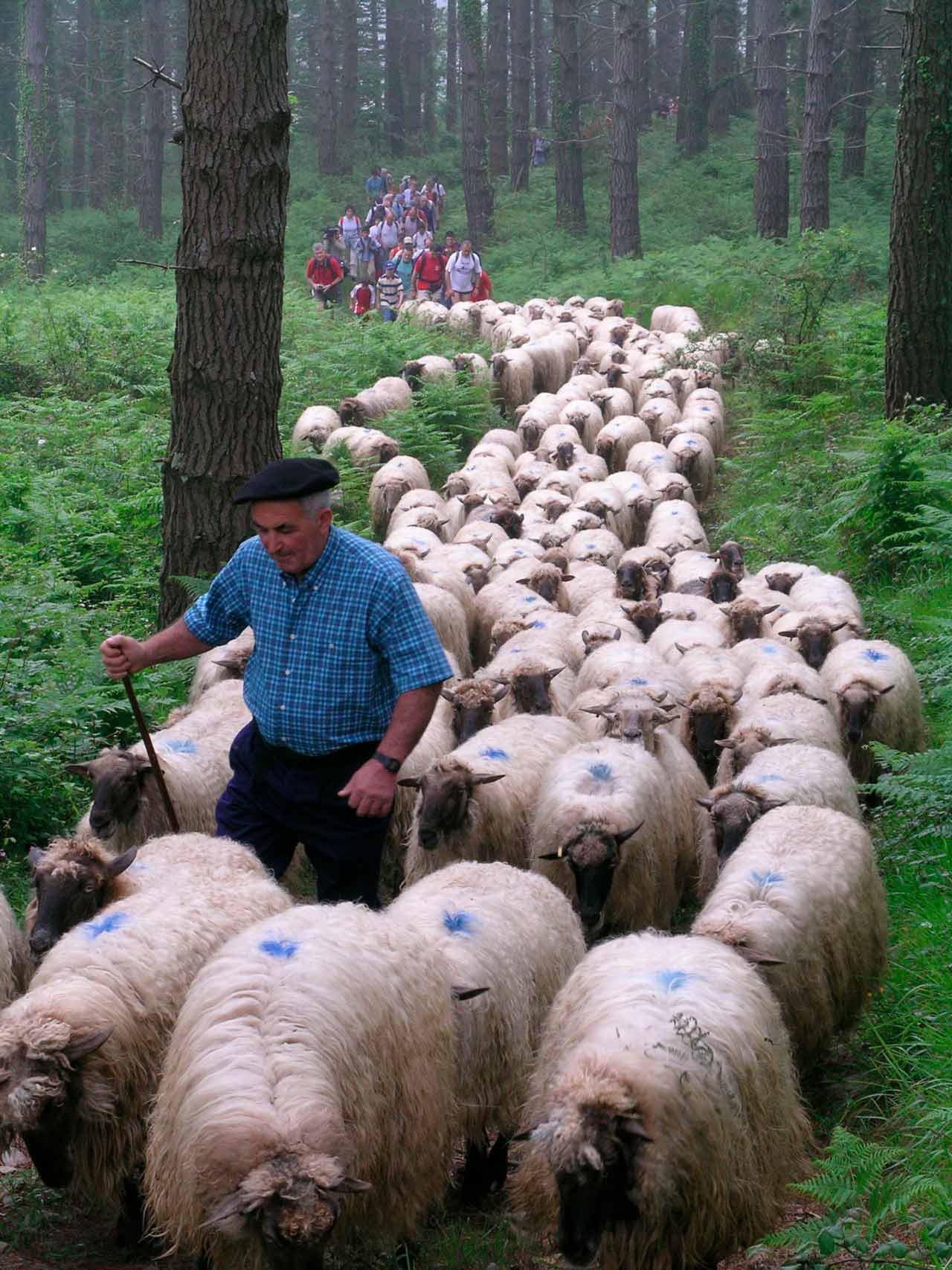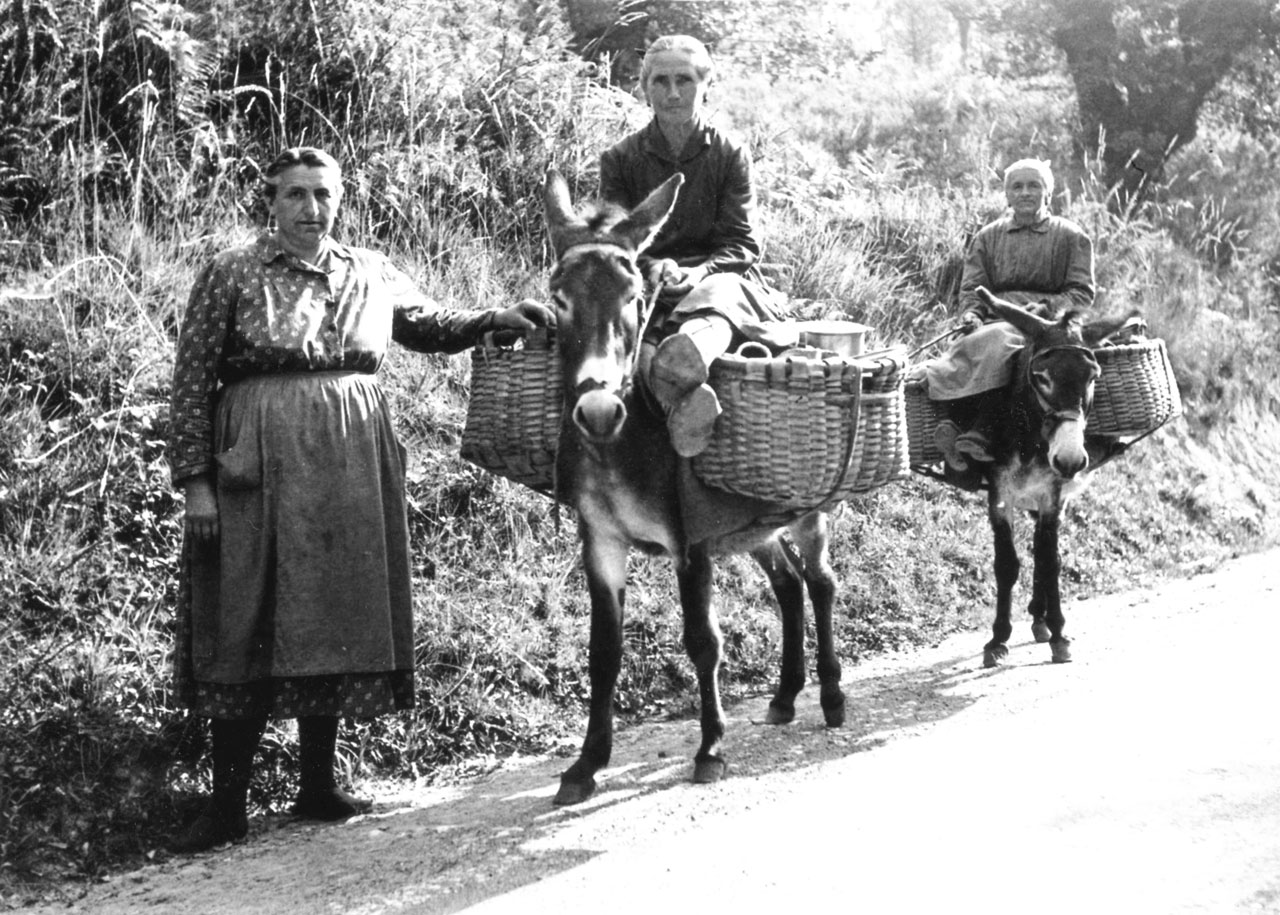Ethnographic Atlas of the Basque Country
De Atlas Etnográfico de Vasconia
Revisión del 13:19 11 mar 2020 de Admin (discusión | contribuciones)
Grandmother and grandchildren. Urduliz (B), 2011. Source: Akaitze Kamiruaga, Etniker Euskalerria Groups.
House and Family in the Basque Country


House and Family in the Basque Country
The traditional Basque family is noted for a type of clearly defined feminism, which can be seen from the application of the right of the first-born to inherit regardless of their sex, the common ownership of property brought to the marriage by the spouses, their equal standing in civil law, and the woman’s status as the head of the household in the domestic religious life, the cultural rites of the home, of the church and of the family burial ground.
Family Diet in the Basque Country


Family Diet in the Basque Country
Donde no hay ni pan ni pollos, el horno no está para bollos. If there’s no bread or chicken, you shouldn’t bake rolls.
Children riding scooters and tricycles at Florida Park. Source: Municipal Archive of Vitoria-Gasteiz: Ceferino Yanguas.
Children’s Games in the Basque Country


Children’s Games in the Basque Country
Humans play games throughout their lives; however, that activity has a clearly different role for children and adults.
Traditional Medicine in the Basque Country


Traditional Medicine in the Basque Country
Nolako gaitza, halako erremedioa. There’s a cure for everything.
Rites from Birth to Marriage in the Basque Country


Rites from Birth to Marriage in the Basque Country
Ogiaren kurruskua mutikoa izan dadin. Eat up your crusts to have a boy.
Funeral Rites in the Basque Country


Funeral Rites in the Basque Country
Dying on a rainy day or if it rained after the death showed that the soul would be saved: gorputz ona, euritsu.
On the move to the summer pastures in Gorbeia, 2006. Source: Antxon Aguirre, Etniker Euskalerria Groups.
Livestock Farming and Shepherding in the Basque Country


Livestock Farming and Shepherding in the Basque Country
Traditional shepherding and free-range livestock husbandry have prevailed on regions where these three requisites are satisfied: communal land, open-access rights, and free movibility for herds.
Agriculture in the Basque Country


Agriculture in the Basque Country
Our rural folk and our ancestors knew and practised agriculture on a more human scale and from a more holistic approach; it is not only the yield that matters, but also the complex network of physical factors and human beings involved in an activity that is actually based on cultivating the life that feeds us.
